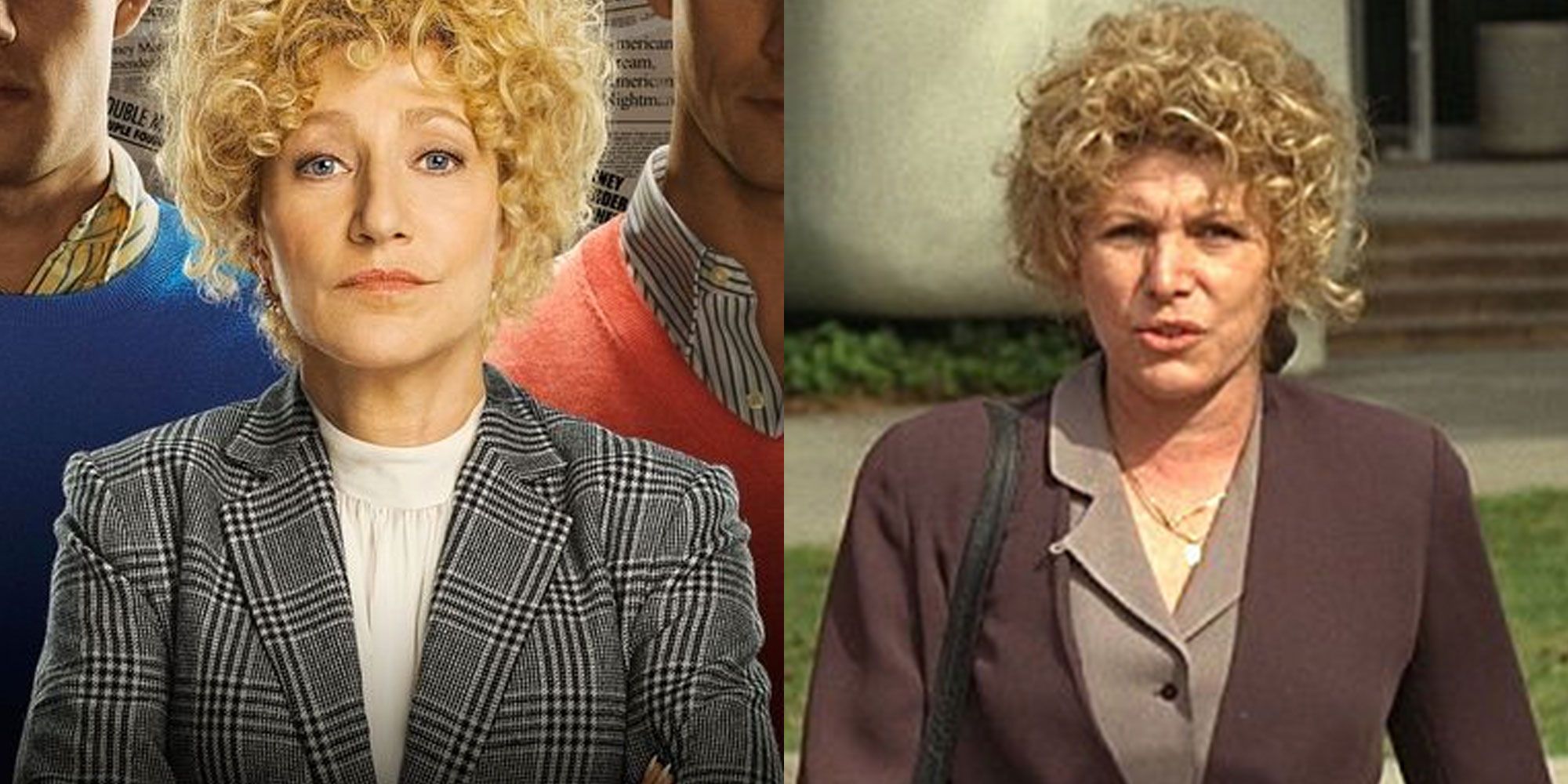A new Netflix series, Monsters: The Lyle and Erik Menendez Story, delves into the chilling murders and the high-profile trial that captivated the nation. At the heart of this drama is Leslie Abramson, a defense attorney known for her fierce and relentless legal strategies. Here’s what you need to know about the woman who stood at the center of the Menendez brothers’ defense.
Born on October 6, 1943, in Queens, New York, Leslie Hope Abramson embarked on her legal journey after completing her education at Queens College and UCLA Law School. In 1970, she was admitted to the California State Bar and spent six years honing her skills in the Los Angeles County Public Defender’s office.
Abramson transitioned to private practice, where she earned a formidable reputation. Her unyielding, aggressive style in the courtroom was legendary. As described by the Los Angeles Times, she was a “4-foot-11, fire-eating, mud-slinging, nuclear-strength pain in the legal butt,” earning her the distinction of being named trial lawyer of the year twice by the L.A. Criminal Courts Bar Association.
Even before taking on the Menendez brothers, Abramson was already recognized as one of the top defense attorneys in Los Angeles, particularly for death-row cases. In 1990, she secured an acquittal for Dr. Khalid Parwez, a Pakistani gynecologist accused of the gruesome murder of his 11-year-old son. In another case from 1988, Abramson helped a 17-year-old client, Arnel Salvatierra, avoid a first-degree murder conviction for the death of his father. The teenager was instead found guilty of voluntary manslaughter and was sentenced to probation, with Abramson successfully arguing that the father had subjected him to years of abuse.
Abramson’s name became synonymous with high-profile defense work when she took on Erik Menendez’s case. Erik and his older brother Lyle were accused of killing their parents, Jose and Kitty Menendez, in their Beverly Hills mansion on August 20, 1989. The brothers were arrested in March 1990, and the trial drew massive media attention. Abramson, who joined the case six months after the murders, was passionate in her defense of Erik. “These are not murderers,” she told the Washington Post, emphasizing that the brothers were troubled individuals raised in a deeply dysfunctional and abusive home.




